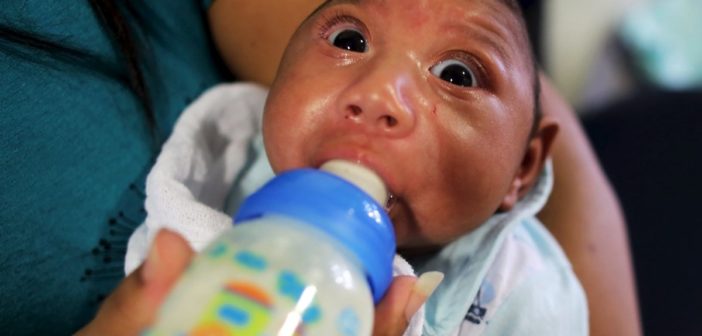The World Health Organization, WHO on Friday announced an end to the public health emergency of international concern over the Zika virus, cautioning that it still remains a significant and an enduring health challenges.
The decision comes nine months after the UN agency first declared an emergency over Zika and its associated complications. Officials stressed, however, that the virus remains a threat wherever it can still be transmitted by mosquitoes and that health officials must not let down their guard.
“We are not downgrading the importance of Zika,” said Dr. Peter Salama, executive director of the WHO’s health emergencies program. “Zika is here to stay, and the WHO’s response is here to stay.”
Some observers fear the decision could make it harder to receive funding for Zika research that they believe remains a high priority. They also worry that efforts to detect and report spread around the world will ease.
An expert committee advising the WHO on Zika concluded that a “public health emergency of international concern,” as it’s known in the agency’s vernacular was no longer needed.
“Many aspects of this disease and associated consequences still remain to be understood, but this can best be done through sustained research,” the WHO said in a statement.
The agency’s designation of a public health emergency was made in February. In practical terms, it meant that recommendations from the WHO aimed at curbing the spread of Zika, minimizing economic impacts or promoting collaborative research, carried more clout among member states.
Since then, more countries have reported Zika-related birth defects. But the actual number of affected births has fallen far short of expectations.
Early estimates of upward of 6,000 affected births in Brazil have been revised sharply downward, to about 2,100 at last count. Of the 27 other countries that have reported cases of Zika-related birth defects; Colombia has recorded the second highest tally, 57. In most countries, the cases are in the single digits.




